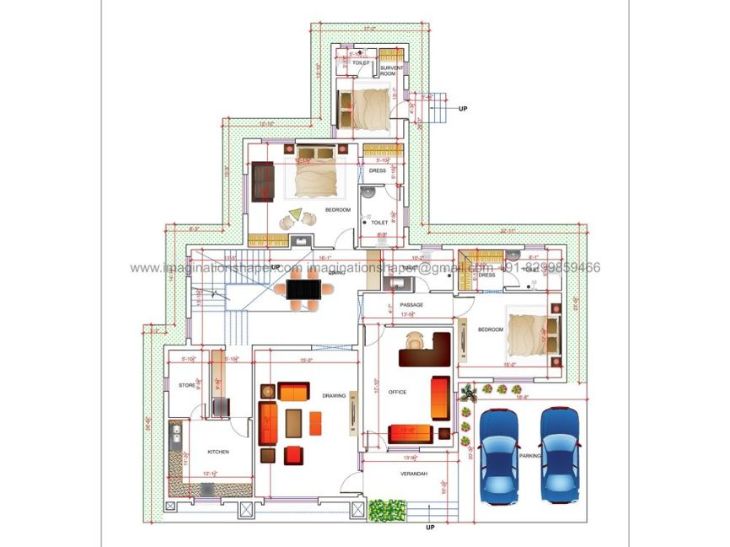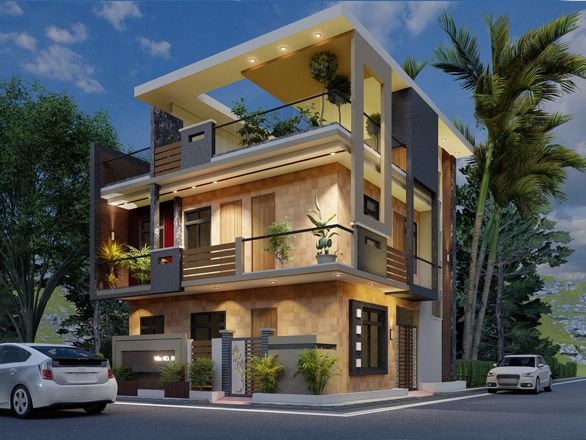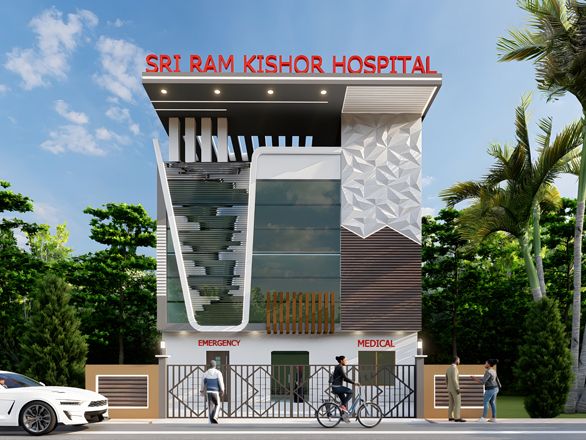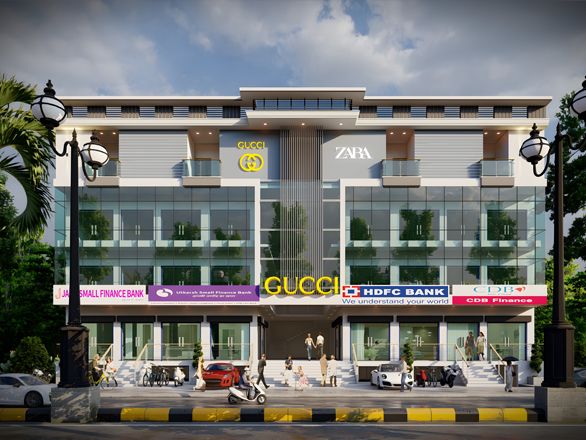All our services are fee-based, and we do not offer free proposals. A token amount is required to initiate. We are open to discussing our rates and availability to find the best solution.

Town planning and plotting is a crucial step in the development of cities and towns. It involves making strategic decisions about how the city or town should be laid out and designed, with consideration for the current and future needs of the community.
Town planning and plotting is important for making sure that the city or town has the necessary infrastructure, resources, and amenities to support its citizens and businesses. In this blog post, we will explore what town planning and plotting is and why it is so important.
Town planning is the process of making decisions about the future use and development of land and buildings. It involves researching, designing, plotting layout and creating plans that guide the development of land in an organized and efficient manner.
The process also includes regulating and controlling activities, zoning land for specific uses, and encouraging better design in building projects. Town planning also encompasses environmental issues such as water supply, sewerage, drainage, pollution, and other natural hazards.
Town plotting is a form of land-use planning that involves creating a graphical representation of an area's layout and identifying different types of properties or areas on a map. The goal of town plotting is to create a system of efficient, effective land use planning that takes into account the needs of various stakeholders.
Plots can be divided into sections for specific uses, such as residential, commercial, or industrial. Planners can also identify public spaces and consider the impact of future projects on the environment. By doing this, town plotting ensures that the area remains livable, sustainable, and aesthetically pleasing.
Town planning and plotting are important processes for ensuring the orderly development of cities, towns and other settlements. Planning is about the orderly arrangement of land uses and plotting is about the layout of streets, parks, public buildings, and other amenities.
Together, town planning and plotting provide a framework for urban growth, helping to ensure that developments meet the needs of the community while preserving a sense of harmony and beauty.
Town planning and plotting are essential for maintaining the integrity of a city or town. Plotting layouts help to determine where roads and infrastructure should be located and how they should be built.
It also ensures that public spaces such as parks, schools, and churches are properly positioned and accessible to residents. Town planning helps to ensure that buildings are placed in appropriate locations, with consideration given to things like noise levels, air quality, and safety.
Town planning and plotting also help to create a sense of community identity by providing consistency in design standards across neighborhoods. A well-planned city or town can be more attractive to potential new businesses, tourists, and residents.
Additionally, efficient town planning and plotting can lead to improved transportation networks, reduced traffic congestion, and better public health outcomes.
Town planning and plotting involves a complex process of designing the layout of a town in order to ensure that it is efficient and safe for residents. Plotting layout involves determining the location of different features within a town, such as residential areas, commercial areas, industrial areas, parks, and other infrastructure. Town planning also takes into account issues such as sustainability, transportation, public health, and public safety.
• Establishing land use regulations: This includes zoning regulations that are necessary for the development of residential, commercial, and industrial areas. It also helps in regulating the height and size of buildings, their design, parking requirements, etc.
• Developing public spaces: This includes ensuring the availability of adequate parks, playgrounds, recreational areas, and other public spaces that are essential for community interaction and leisure activities.
• Creating infrastructure: This includes developing roads, transportation networks, water supply systems, drainage systems, and other necessary infrastructure to ensure the smooth functioning of the town.
• Ensuring sustainability: Town planning takes into account environmental considerations such as green spaces, energy efficiency measures, etc. that help in creating a sustainable environment for residents.
• Facilitating access: Town planning also involves developing an efficient transportation network that facilitates access between different parts of the town. This helps in reducing congestion and increasing mobility.
Town planning involves creating a comprehensive plan for the development of a town or city. The goal is to create a layout of the urban area that will provide infrastructure and services while also preserving and enhancing the environment.
This process begins with the creation of a plotting layout. This layout will take into consideration the various land uses, public amenities, population density, and transportation networks. It will also include the layout of roads, sidewalks, and other elements of the urban landscape.
The next step in town planning is to develop a master plan. This plan outlines the land use policies, zoning regulations, and other considerations that will guide future development and growth in the city. The plan will also consider any natural resources, such as rivers, mountains, forests, etc., that may need to be preserved or managed to ensure a successful development.
Once the plotting layout and master plan have been developed, the town planners can then begin to develop specific zoning regulations that define what type of development is allowed in each area of the city.
The final step in town planning is to design infrastructure and services. This includes developing roads, water systems, waste management systems, public transportation networks, and other features that are necessary for the functioning of the city.
Once these elements have been put into place, they will help to ensure that the town remains livable and vibrant for years to come.
Town planning and plotting are essential components of city development. They ensure that the layout and structure of a city are efficient, safe, and aesthetically pleasing.
Plots are laid out in a way that allows for the optimum use of land and resources, while town planning ensures the establishment of public facilities and services.
Both of these elements help to make cities more attractive to people and businesses, which is why they are an important part of urban development. Town planning and plotting are complex processes that require careful consideration and detailed planning to ensure that they are successful.
By understanding the importance of town planning and plotting layout, cities can create a better environment for its citizens.

Get best customized house plan designed by experienced architects and designers.

Are looking for the elevation design services, Imagination would be the perfect option.

Home interior design to enhance the interior of the project services at an affordable price.

Design your health care project as per guidelines, the user and patient-centric also.

We incorporate sustainability strategies, creative space planning and best technology.

We are focused on combining function with style to meet the need of businesses.

